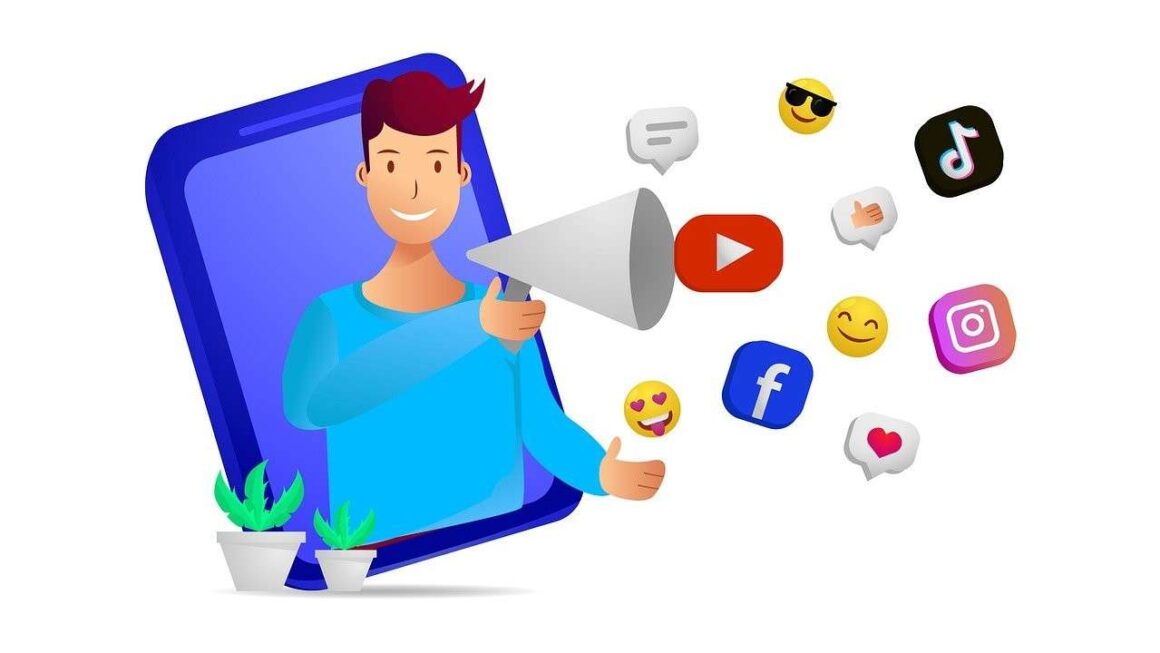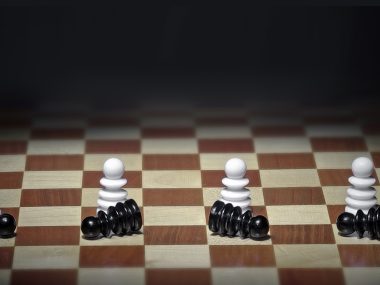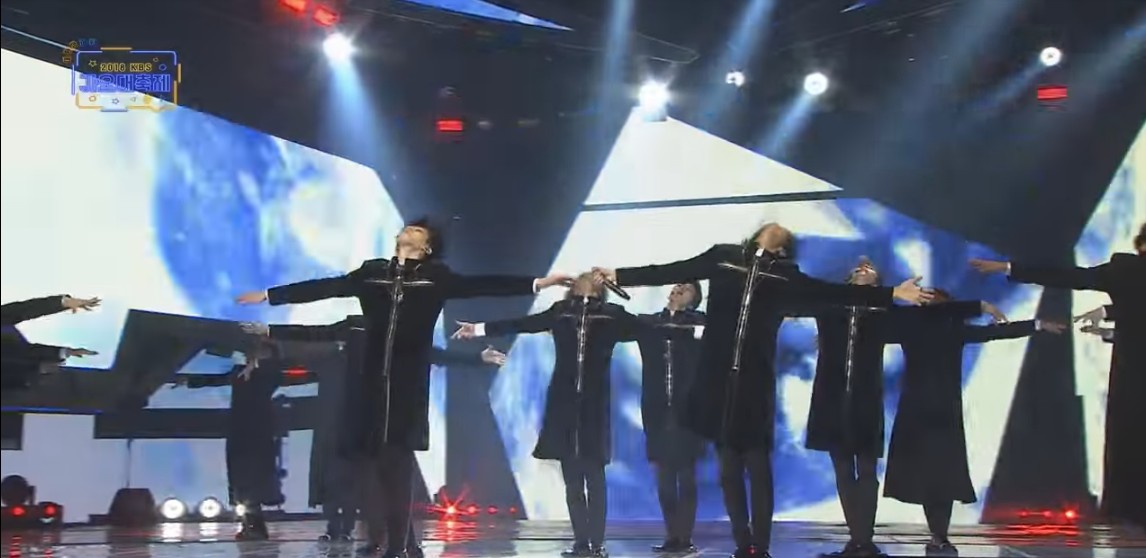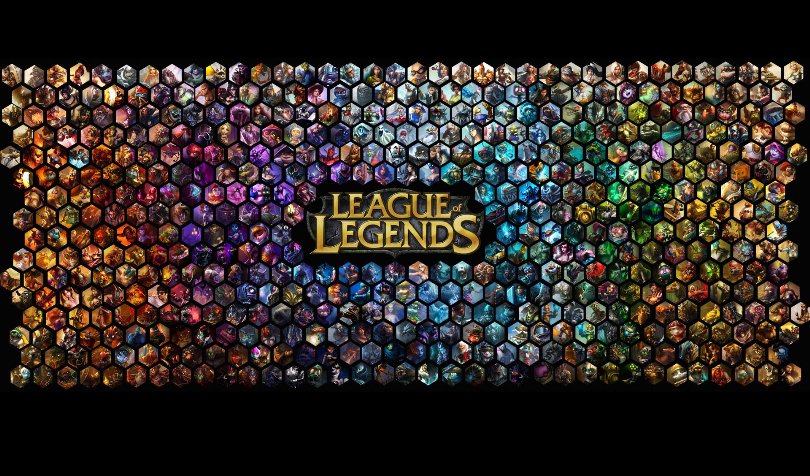On October 25, the Cyberspace Administration of China enforced a new influencer law to combat misinformation. Any creator discussing topics like medicine, law, finance, or education must hold verified qualifications such as a degree or professional license. Platforms like Douyin, Weibo, and Bilibili are now responsible for verifying those credentials before allowing content to go live.
The problem the law tries to fix
At first glance, it seems reasonable. Influencers have a reach that rivals traditional media. They’ll share legal tips, medical opinions, or financial advice to millions of followers.
Sometimes they do this without doing any research or even basic fact-checking. This has serious consequences that have led people being radicalized by political misinformation. Many have gotten scammed by “get-rich” schemes, or wound up sick following unverified health trends. So yes, demanding something that proves these influencers know what they’re talking about would be nice.
Yet what should those rules look like and who should be enforcing them?
When accountability turns into censorship
Requiring influencers to be qualified isn’t the problem. It’s the government’s role in that process that makes this law look like a nightmare. Once the state defines what counts as a “valid” credential, it gains control over who gets to shape public discourse. It decides whose expertise is legitimate and whose isn’t.
In China’s tightly managed ecosystem, social media platforms already face pressure to align with political narratives. Earlier this year, Weibo suspended over a thousand accounts for “spreading rumors” about the economy and welfare programs. In provinces like Zhengzhou, any social media accounts that portrayed the city in a negative light were investigated. Officials in Xi’an suspended five accounts for spreading “false information” about housing prices.
With this new law, China doesn’t just moderate what people say. It can now determine who is qualified to say it.
Expertise isn’t the same as approval
What happens to self-taught educators or independent commentators who share valuable insight without formal degrees? Or to creators who question government policies in areas like healthcare or education? Under these new rules, those voices would be silenced for lacking a certificate the government recognizes.
That’s the danger here. Confusing truth with authority, and authority with loyalty.
Who decides who’s qualified to speak?
The irony is that China isn’t wrong about the problem; it’s just using the wrong methods to solve it. We need influencers to be held accountable for some of the things they post online, but we also need to guard against government overreach. There’s danger in making governments the entities to decide who’s credible. When that happens credibility interchangeable with the word compliance.






